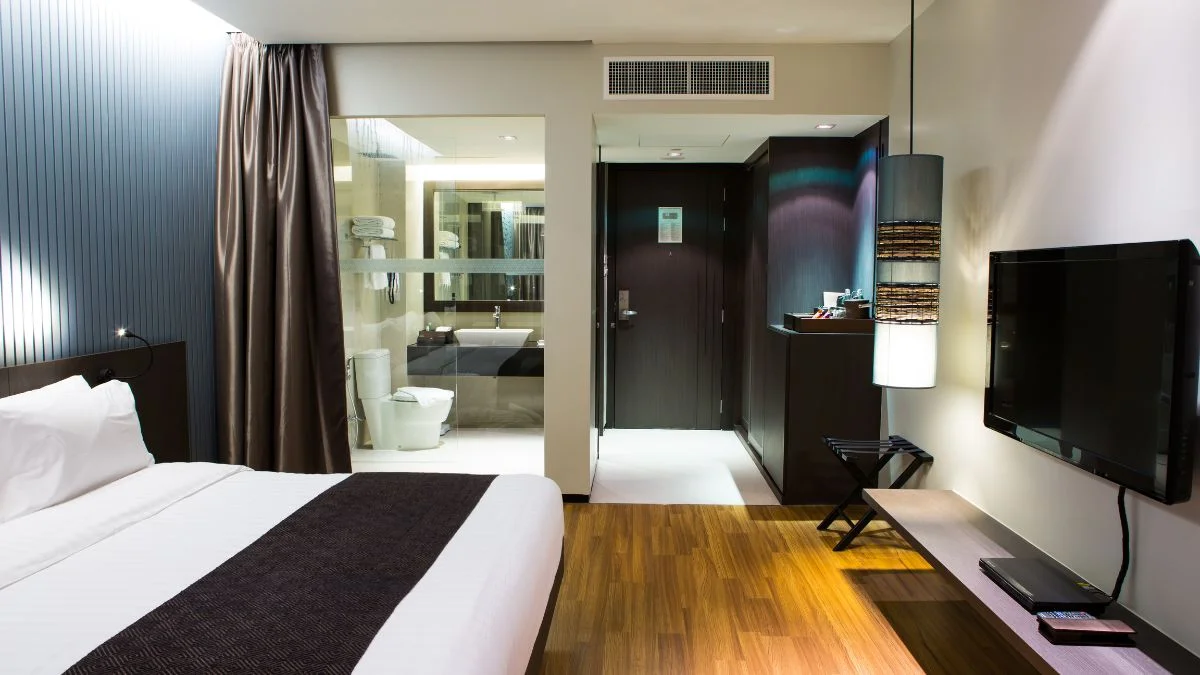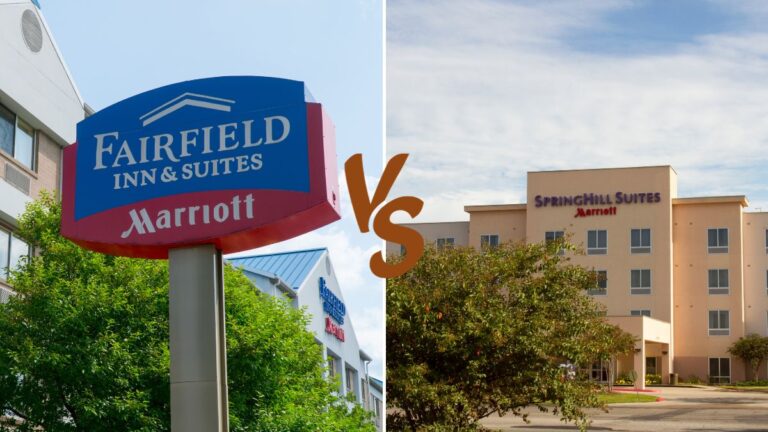How Are Hotels Integrating Smart Technology into Rooms?

As participants in Amazon Associates and other programs, we earn from qualifying purchases. This comes at no additional cost to you. For more details, see our Affiliate Disclosure.
The hotel industry is rapidly evolving with the integration of smart technology, offering a new level of convenience and personalization for guests. From the moment you step into a smart hotel room, the experience is transformed. This article explores how hotels are embedding cutting-edge technology into their rooms, enhancing the guest experience from check-in to check-out. We’ll look at the innovative features that are not just futuristic but are becoming the new standard in hospitality.
Smart Room Controls: Convenience at Your Fingertips
Smart room controls are revolutionizing the guest experience by offering unprecedented control over the room’s environment. The first paragraph can discuss how guests can adjust lighting, temperature, and even window blinds through digital panels or mobile apps. This technology not only provides convenience but also caters to personal preferences, ensuring a comfortable stay.
The second paragraph can explore the energy efficiency aspect. Smart controls often include sensors that adjust settings based on occupancy, reducing energy consumption. This not only benefits the environment but also helps hotels in reducing operational costs, making it a win-win for both the guest and the hotel.
Enhanced Entertainment and Connectivity
In today’s world, staying connected is crucial, and hotels are stepping up by integrating advanced entertainment and connectivity features in their rooms. The first paragraph can cover how smart TVs and high-speed Wi-Fi are becoming standard, allowing guests to stream their own content or attend virtual meetings seamlessly.
The second paragraph can delve into the addition of voice-activated devices like smart speakers. These devices can provide information, play music, set alarms, and even control other room functions, adding a layer of ease and personalization to the guest’s stay.
Personalized Room Experiences
Personalization is key in the era of smart hotel rooms. This section can first discuss how hotels are using technology to remember guest preferences for future stays. From preferred room temperature to favorite TV channels, smart systems can adjust settings automatically based on the guest’s profile.
In the second paragraph, the focus can shift to how hotels are using smart technology to offer personalized recommendations for dining, entertainment, and local experiences. By analyzing guest preferences and habits, hotels can enhance guest satisfaction and provide a tailored experience.
Security and Privacy: Smart Safeguards
With the increasing integration of technology, security and privacy concerns are being addressed with smart solutions. The first paragraph can discuss the implementation of advanced security measures like biometric room access and digital ‘Do Not Disturb’ signs, ensuring both convenience and safety for guests.
The second paragraph can cover how hotels are handling data privacy. As smart rooms collect data on guest preferences and behaviors, it’s important that hotels maintain transparency and adhere to strict privacy policies, ensuring that guest information is protected and used ethically.






